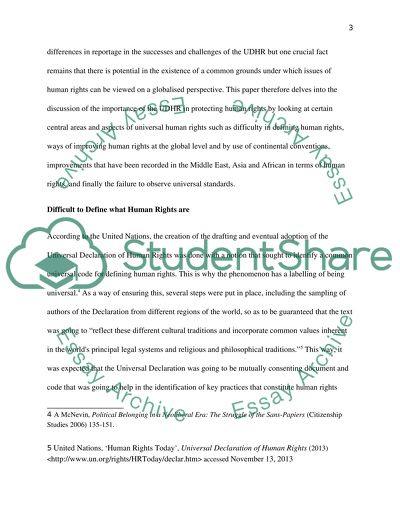Cite this document
(“Critically evaluate the importance of the universal declaration of Essay”, n.d.)
Retrieved from https://studentshare.org/law/1490528-critically-evaluate-the-importance-of-the
Retrieved from https://studentshare.org/law/1490528-critically-evaluate-the-importance-of-the
(Critically Evaluate the Importance of the Universal Declaration of Essay)
https://studentshare.org/law/1490528-critically-evaluate-the-importance-of-the.
https://studentshare.org/law/1490528-critically-evaluate-the-importance-of-the.
“Critically Evaluate the Importance of the Universal Declaration of Essay”, n.d. https://studentshare.org/law/1490528-critically-evaluate-the-importance-of-the.


